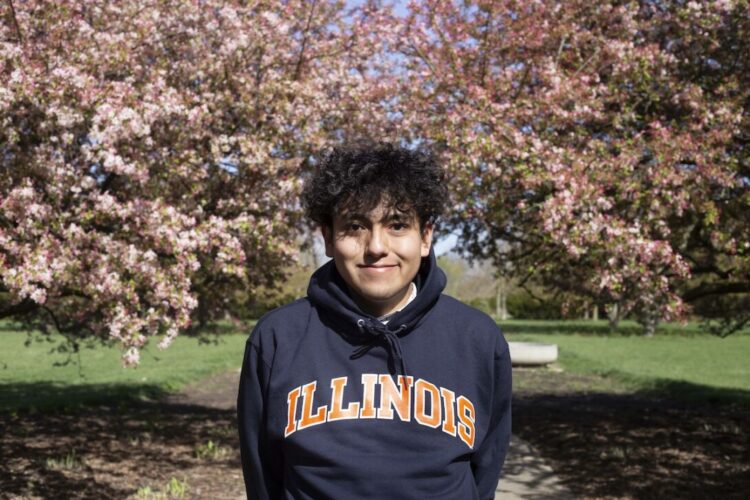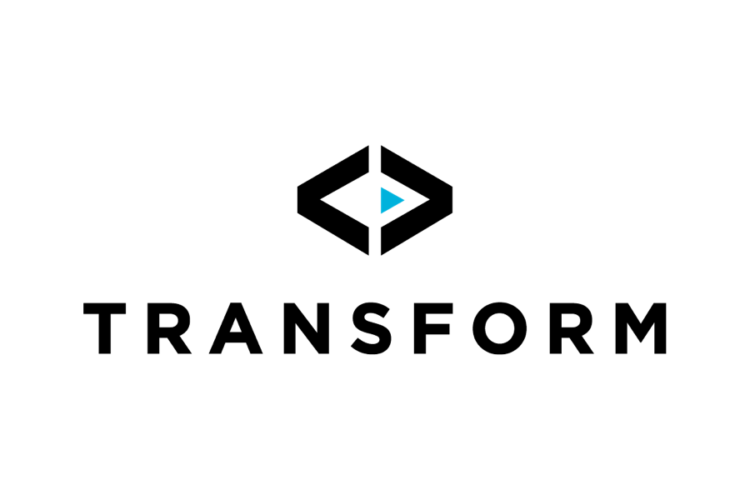AI+Science Conference receives funding to expand across the next three years
Artificial intelligence (AI) is fundamentally changing many aspects of our lives, from predicting economic trends to estimating wildfire risk during fire season to powering new advances in personalized medicine. But perhaps most important for researchers is the way in which AI is changing the nature and pace of scientific discovery. Rebecca Willett, faculty director of AI at the University of Chicago’s Data Science Institute (DSI), and Anima Anandkumar, the Bren Professor of Computing and Mathematical Sciences at Caltech, are leading a major initiative to bring AI to bear on questions of scientific inquiry.

DSI and Caltech are centers of gravity for the study, application, and use of AI and machine learning (ML). By combining efforts, and with renewed support from the Margot and Tom Pritzker Foundation, the two institutions aim to accelerate the pace of discovery across the physical and biological sciences by advancing the integration of AI into scientific research and development and training new generations of interdisciplinary scientists.
In 2023, Willett and Anandkumar collaborated to create and host the inaugural University of Chicago and Caltech Conference on AI+Science, which was held in Chicago and sponsored by the Margot and Tom Pritzker Foundation. Now, a generous new gift from the Margot and Tom Pritzker Foundation will fund and expand the joint conference for an additional three years.
UChicago has deep expertise working on problems at the intersection of technology and policy, as well as both scholarship and outreach activities, ranging from participation on national committees, to work with federal, state and local government offices and commissions, to policy and legal engagements on policymaking and litigation that are shaping the future of our digital world and the AI era.
“Universities must be at the forefront of harnessing the groundbreaking power of AI responsibly and effectively,” said Provost Katherine Baicker. “The generous support from the Margot and Tom Pritzker Foundation will help foster scientific collaborations and fuel breakthroughs by visionary scientists tackling global challenges.”
Similarly, Caltech takes advantage of its legacy in advanced computing and interdisciplinarity to innovate and enhance AI and ML tools and to apply those tools to accelerate the pace of discovery across a wide variety of fields and areas of inquiry.

Photo: Ryan Lash / TED
“The Pritzkers are bringing together two great institutions to explore possibilities that cut across the disciplines and to act on them,” said Caltech President Thomas F. Rosenbaum, holder of the Sonja and William Davidow Presidential Chair and professor of physics.
The new grant from the Margot and Tom Pritzker Foundation includes funds for the annual conferences as well as for young scientists working in this burgeoning field. The renewed funding supports four postdoctoral researchers and six graduate students each year, with appointments evenly split between DSI and Caltech.
“AI+Science has the potential to be an even bigger revolution than the one we are seeing today with language models,” Anandkumar said. “It is critical to empower the next generation of students and scholars to be in the front seat. Thanks to the generosity of the Margot and Tom Pritzker Foundation, we can work on that now!”
In addition to supporting postdoctoral and graduate fellows, the gift will provide funding for two sabbatical visitors each year, one at each institution, with the goal of engaging the broader AI+Science community.

“Partnerships will be essential to realize the full potential of AI to advance scientific research,” said Caltech Provost David Tirrell, the Ross McCollum-William H. Corcoran Professor of Chemistry and holder of the Carl and Shirley Larson Provostial Chair. “Cross-institutional collaboration enables us to leverage diverse expertise, datasets, and resources. It also strengthens validation and reproducibility and reduces bias by bringing multiple perspectives to bear.”
Willett and Anandkumar are excited to continue the work they began with the 2023 AI+Science Conference to build a research community focused on establishing core AI principles and methodology, training researchers to enter this interdisciplinary field, and fostering new collaborations with partners worldwide.
“We must address fundamental challenges to harness AI fully in scientific workflows without sacrificing rigor,” said Willett. “By building an AI+Science community with a strong culture of collaboration across disciplines and across institutions, we will develop novel theories and methods that push the boundaries of scientific understanding and w technologies.”

Unique data science partnership with City Colleges of Chicago offers rising professors, and their students, a more inclusive learning experience

UIC CS graduate, headed into career and graduate school, reflects on experience at DSI
